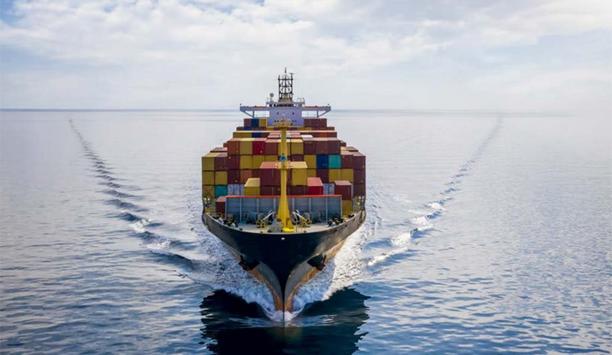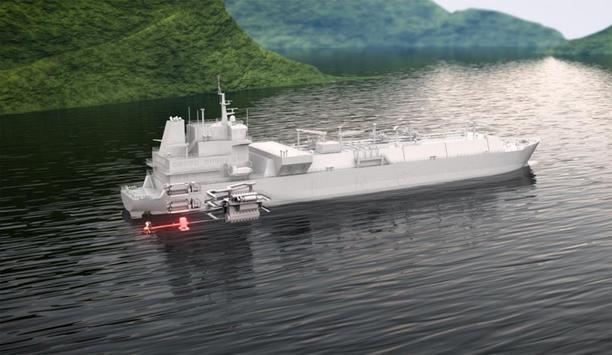Fuel selection will be a critical factor for shipping companies to minimise financial exposure under FuelEU Maritime and compliance will depend on reliable monitoring of fuel use and emissions, says OrbitMI.
The NYC-based software-as-a-service company is now providing advanced data-driven tools to effectively navigate complex regulations together with partner Bureau Veritas (BV).
GHG intensity reduction
EU regulation entails new operational challenges as vessel operators carefully manage and monitor
The latest EU regulation, coming on the heels of the EU ETS, entails new operational challenges as vessel operators must carefully manage and monitor their fuel mix across voyages to optimise compliance and minimise penalties for non-compliance with GHG intensity reduction targets.
OrbitMI CEO Ali Riaz says FuelEU “represents a significant shift in maritime regulations to drive more sustainable fuel solutions, with a whole new level of complexity for shipping operations. Companies trading in the EU need to understand the regulations and adapt their operations to FuelEU as the clock ticks to implementation in 2025. Success in this new regulatory environment also requires enhanced cooperation between shipowners, operators and managers.”
Data management and collaboration
Riaz points out that accurate tracking, reporting and verification of fuel use and emissions will become essential for compliance under FuelEU, as well as sharing of real-time voyage data among the various stakeholders to provide visibility for optimal decision-making.
OrbitMI, with BV Marine & Offshore, has enhanced its Orbit vessel performance platform for FuelEU planning and monitoring to optimise operations, while facilitating data management and collaboration for efficient regulatory compliance.
FuelEU compliance
A collaborative platform lets seamless contact between stakeholders to ensure decisions affecting FuelEU
The collaborative platform allows seamless communication between stakeholders to ensure decisions affecting FuelEU compliance are visible to all parties.
By providing visibility into the vessel’s itinerary, position, daily fuel consumption and weather conditions, both the vessel owner and operator can avoid post-voyage surprises and take decisions that minimise or eliminate penalties.
Fuel selection simulations
FuelEU is intended to promote uptake of alternative fuels through a penalty system for compliance deficits calculated according to stipulated levels of GHG intensity, based on well-to-wake emissions covering the full fuel lifecycle from extraction to distribution. GHG intensity reduction targets will be progressively increased from 2% starting next year to 80% by 2050.
The regulation also introduces flexible mechanisms for pooling, banking and borrowing of compliance surpluses or deficits to facilitate compliance and thereby avoid the cost of penalties - as well as potential expulsion from trading in the EU for two consecutive years of non-compliance.
FuelEU exposure
Fuel selection is an all-important factor and the use of biofuels is seen as the most viable option
Fuel selection is therefore an all-important factor and boosting the use of biofuels is seen as the most viable option to ease compliance in the short term. Biofuel usage can both curb exposure to penalties and generate profitable surpluses for pooling with non-compliant vessels.
The Orbit platform allows simulations to predict the impact of bunkering decisions on carbon intensity thresholds in pre-fixture planning, and thereby estimate FuelEU exposure and impact by vessel, voyage or fleet. This makes it possible to optimise routes and bunkering strategies to minimise penalties.
Streamlining compliance
Operational decisions can also be monitored during voyages, with post-voyage tracking and reporting to ensure compliance, as well as generation of insights to inform future bunkering decisions. The platform, with streamlined collection and transmission of compliance data as well as integration with existing systems like VeriSTAR Green for efficient reporting, is set for further FuelEU upgrades to be rolled out in the near future that will include new features such as pooling management.
“The complexity of new regulations demands innovative data-driven solutions that streamline compliance, optimise operations and drive sustainable practices,” Riaz concludes.














